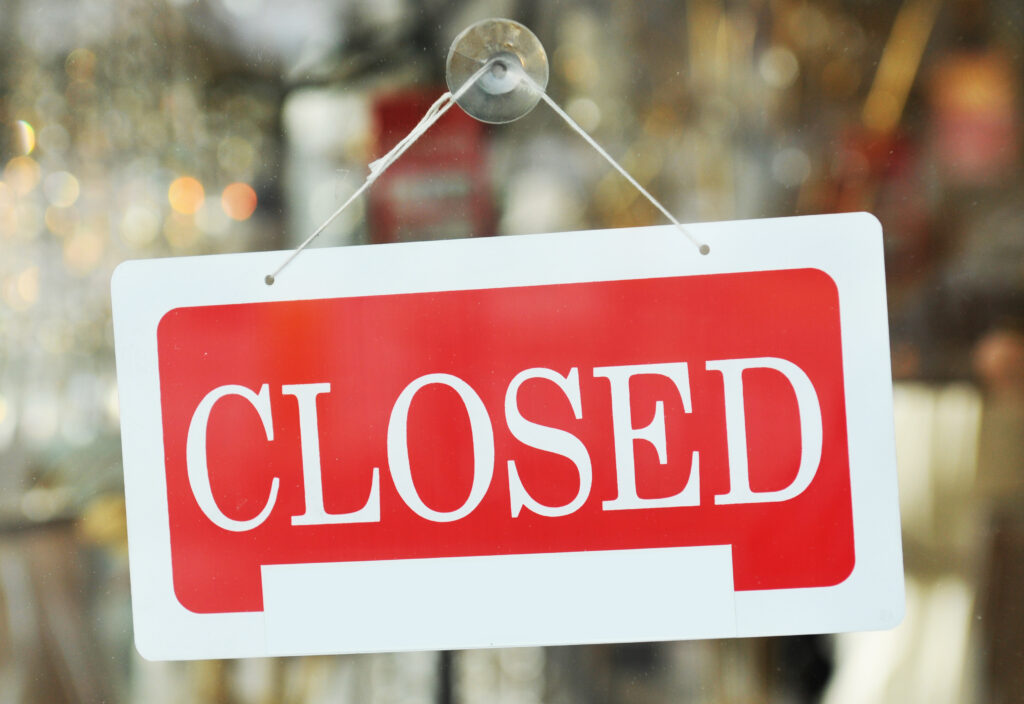The Ripple Effect of a Downward Spiral
In the fiercely competitive environment for full-pay students, it might seem that I would welcome the closure of struggling schools for the potential gain of more students in my applicant pool. However, my motives for wanting schools to close quickly are rooted in a broader concern: the overall health and perception of the private school brand.
Private schools currently serve about 11% of the school-age population, a critical base for families to understand and appreciate what a private education offers. When schools find themselves with few other private schools around, parents don’t understand the concept, because they don’t know others who have children attend them. This is particularly true for independent schools and even more so for boarding schools.
When a private school begins its financial decline, the resulting drop in the quality of education tarnishes the reputation of all our institutions. Most consumers don’t distinguish between the various types and qualities of private schools; a failing school reflects poorly on us all. During my tenure in Rhode Island, I witnessed numerous parochial schools falter. These struggling institutions became examples cited by families as reasons to doubt the value of my private school and others as well.
The Need for Swift Action
It’s a leadership problem, and we don’t seem to have enough great leaders to run our private schools effectively. Once the downturn begins, the net tuition revenue starts to fall. Schools may recognize that it is a leadership problem, but by the time they do, they can’t afford to get a strong leader. Subsequently, they can’t hire the best teachers, the program quality declines, and the student body is no longer a good match. This process is typically slow, causing consumers to have poor experiences and to question the value of paying for their child’s education. This doubt spills over to all of our schools. Why can’t they just close quickly?
Each independent school has a noble mission at its core. We exist for a purpose, but if a school’s mission seems to be failing and it is heading towards closure, it is better for the industry if it closes quickly. Prolonged struggles harm the brand and reputation of other schools.
What to Do About It?
I wish schools would pay more attention to the leadership they choose. They need not only good educators but also savvy business leaders. If they can’t get both, they should prioritize savvy business leaders; the ones who follow Jim Collins, “Good to Great” concepts. These leaders are more likely to ensure that the educational program is worth the cost, more so than a good educator ensuring that the educational program is worth the cost.
What do you think we can do? Please write it in the comments section.

